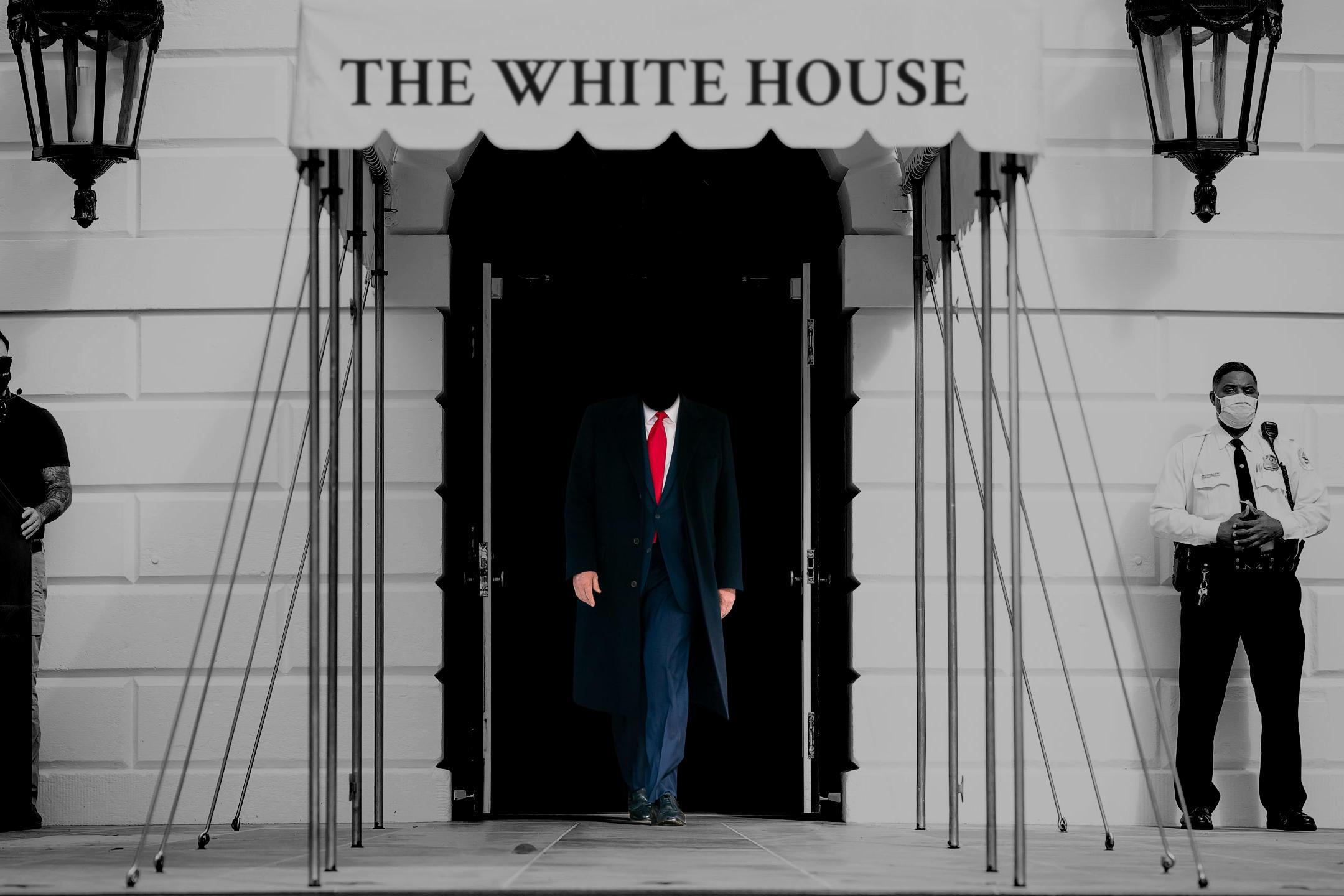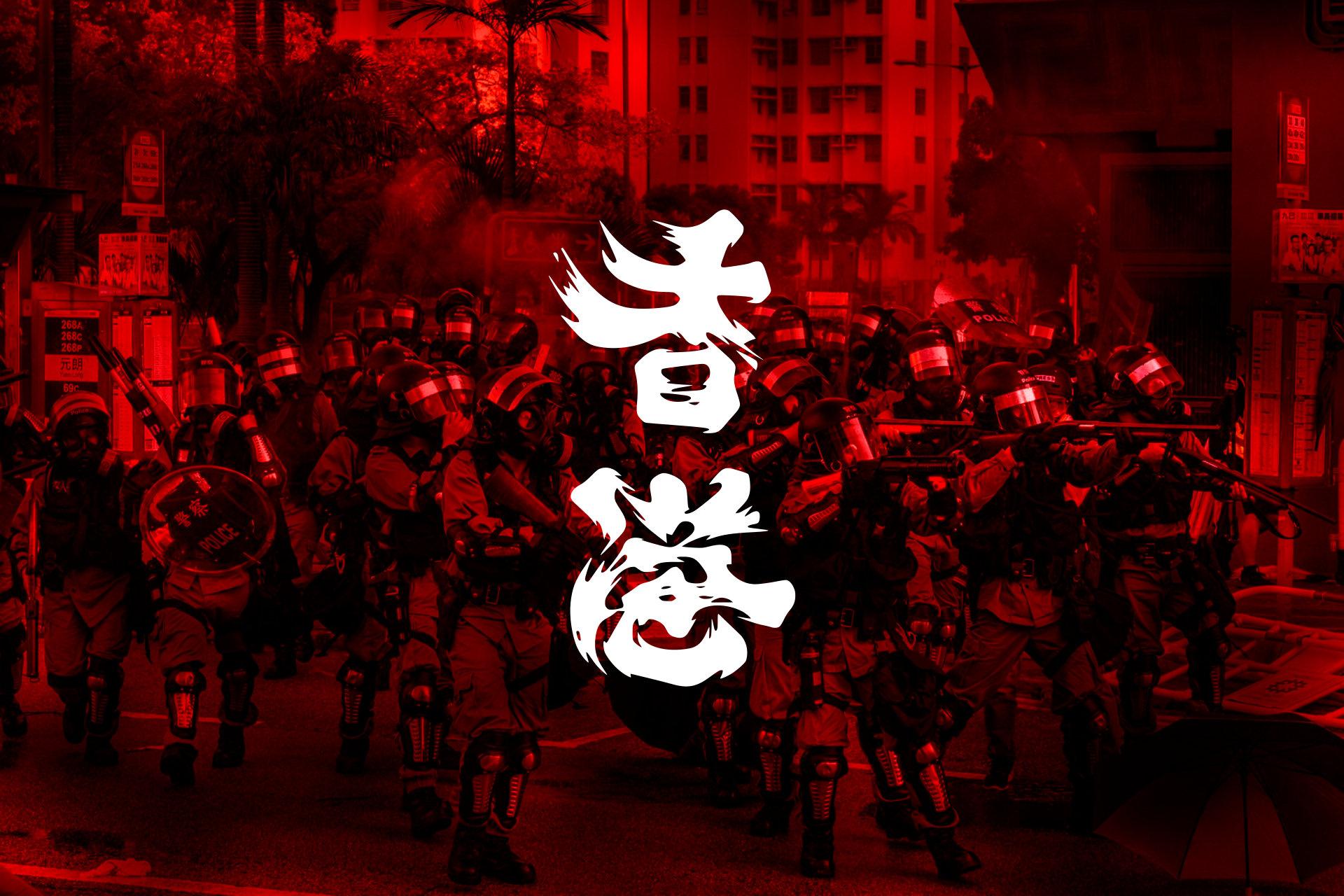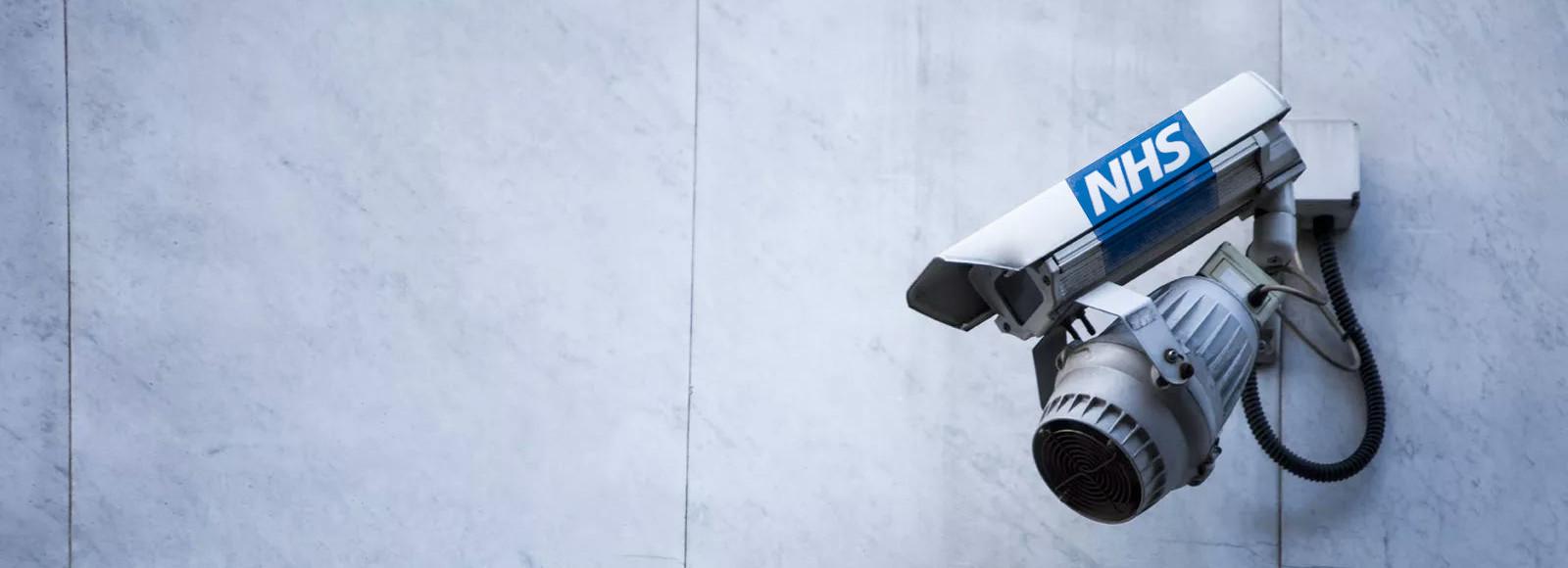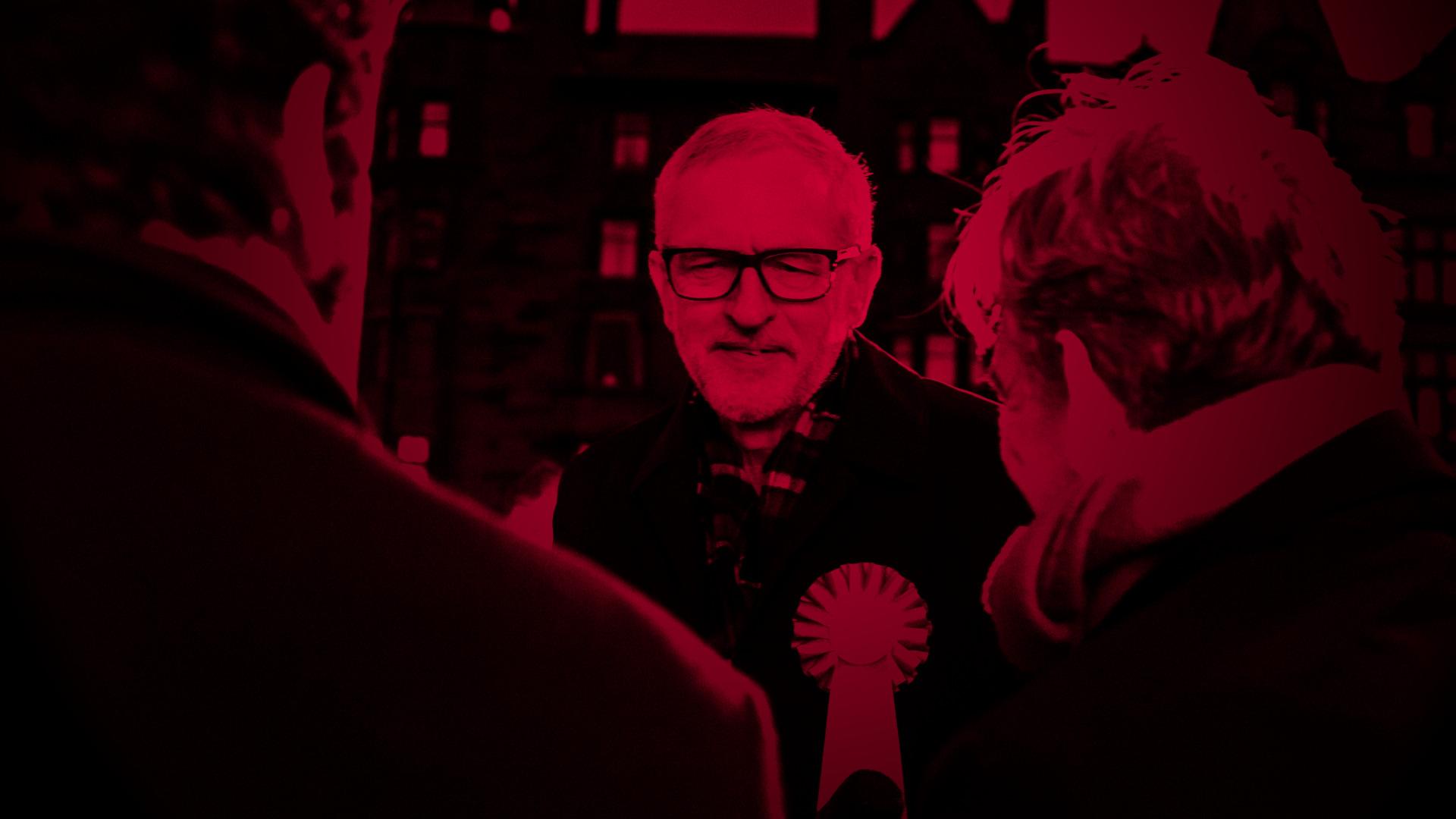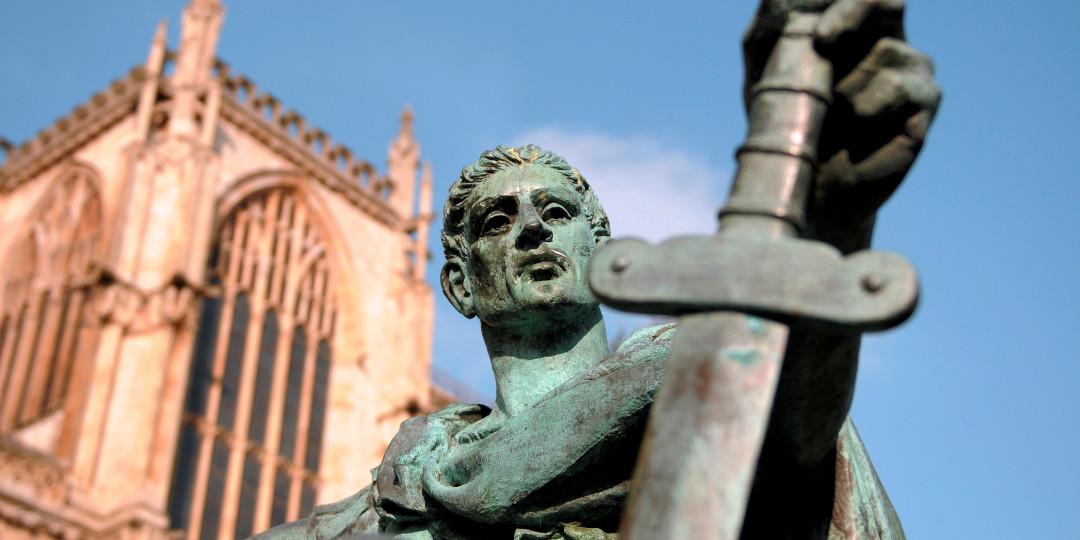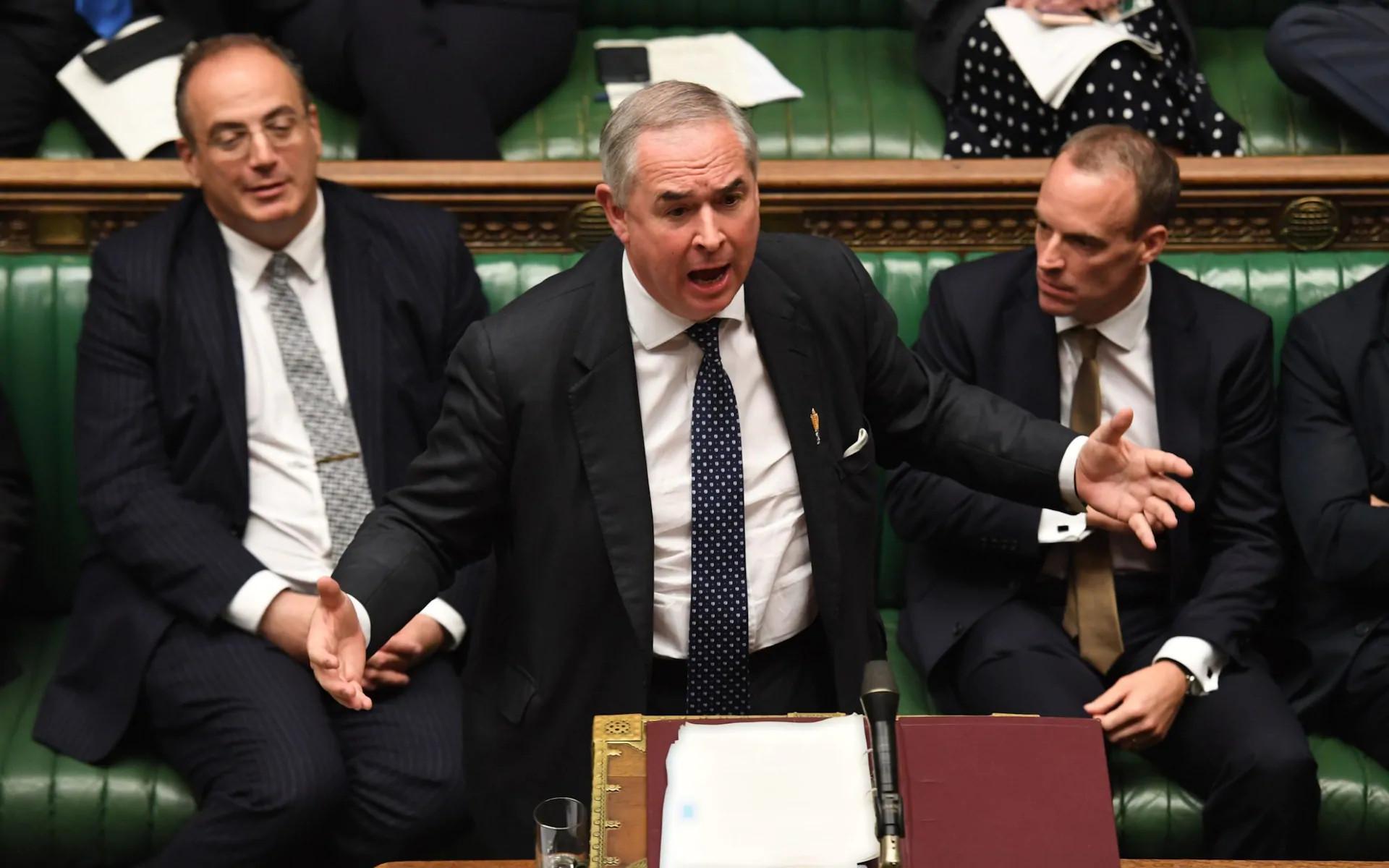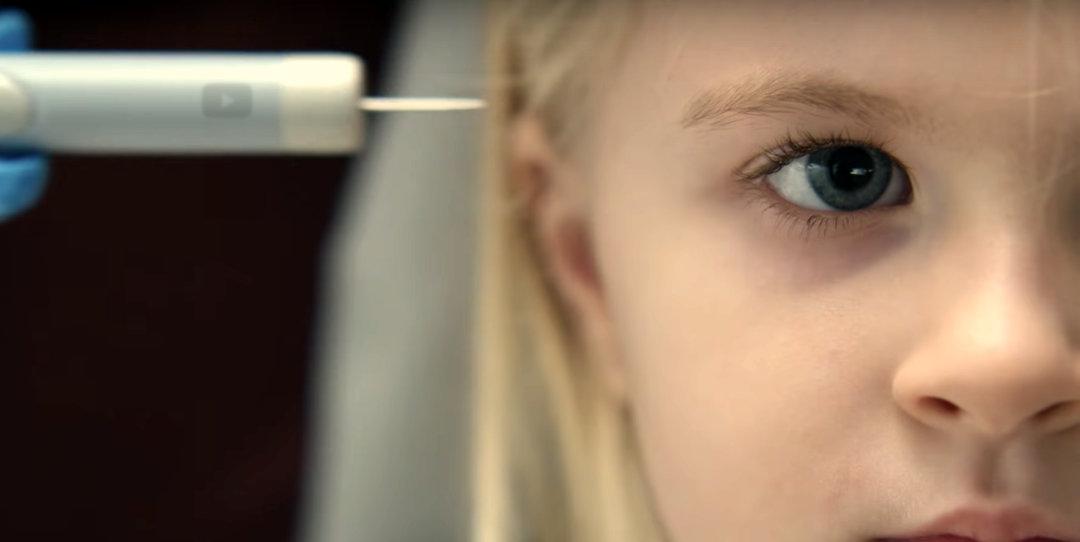Feature /
The Digital Pound: A new form of money for households and businesses?
A response to the Bank of England & HM Treasury Consultation Paper and Technology Working Paper
Introduction ⇝
Physical cash in the form of banknotes and coinage is a bearer instrument.
A bearer instrument is a document that entitles whomever holds it to rights of ownership or title to the underlying property, such as cash, bonds or share certificates.
If you hold it you own it, and have the responsibility upon yourself to custody it. You can spend and receive it privately and anonymously without record.
In the United Kingdom, cash is also central bank money, representing a claim that can be redeemed against the Bank of England.
Central bank money is, as the Bank puts it financially risk-free in the sense that there is no credit, market or liquidity risk.
For a digital asset to deserve to be called both cash and central bank money, it must have all of these properties: bearer instrument, privately holdable, anonymously spendable, liquid, fungible, divisible, and a direct liability of the central bank.
In their consultation paper of 2023 and earlier discussion papers of 2020 and 2021,
The digital pound: a new for of money for households and businesses?
The Bank of England & HM Treasury
7th February 2023
The Consultation Paper
ISBN 978-1-5286-3903-3 (CP 797)
New forms of digital money
The Bank of England
The 2021 Discussion Paper
7th June 2021
Central Bank Digital Currency: opportunities, challenges and design
The Bank of England
The 2020 Discussion Paper
12th March 2020
the Bank of England and HM Treasury set out a policy and architecture proposal for a Digital Pound
, a central bank digital currency (CBDC) to provide a digital solution to the decline of physical cash and to maintain public access to central bank money.
While not opposed to this in principle, we find the Bank’s Digital Pound proposal deficient on two fronts:
- The proposed Digital Pound is not a digital cash-equivalent: it is not privately transactable nor a bearer instrument, as physical cash is.
- The Platform Model does not actually provide retail access to central bank (public) money as the public will not have direct access to the Bank’s CBDC system and ledger. It requires custodial intermediaries which adds counterparty risk.




